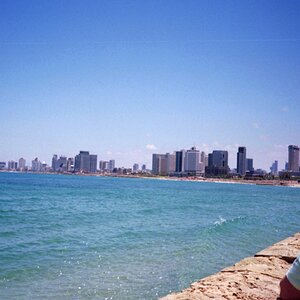K4MCO
TPF Noob!
- Joined
- Dec 25, 2012
- Messages
- 1
- Reaction score
- 0
- Location
- Metro, DC
- Can others edit my Photos
- Photos OK to edit
Evening all,
I'm a total newbie to this so I'm not even sure where to post this so here goes. I would like to shoot outdoors (Railroad and aviation primarily) however I live in the mid atlantic and it does get rather chilly at times and due to the nature of what I'm attempting to shoot it can sometimes involve sitting outdoors in sub freezing temps for long periods of time. My cameras (T2i) op manual states that its good down to 32 degrees. My question is how would you guys suggest keeping the camera warm? I thought maybe some of those in the glove hand warmers in the bag but I'm afraid that will melt/ruin my camera.
Thanks in advance
Sean
I'm a total newbie to this so I'm not even sure where to post this so here goes. I would like to shoot outdoors (Railroad and aviation primarily) however I live in the mid atlantic and it does get rather chilly at times and due to the nature of what I'm attempting to shoot it can sometimes involve sitting outdoors in sub freezing temps for long periods of time. My cameras (T2i) op manual states that its good down to 32 degrees. My question is how would you guys suggest keeping the camera warm? I thought maybe some of those in the glove hand warmers in the bag but I'm afraid that will melt/ruin my camera.
Thanks in advance
Sean


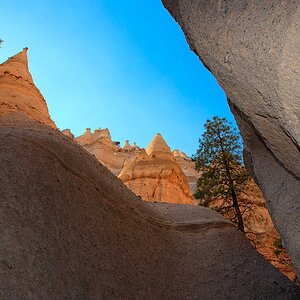
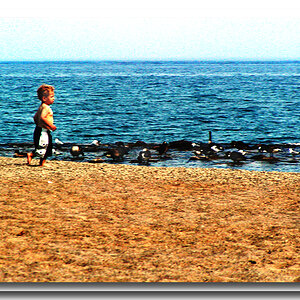


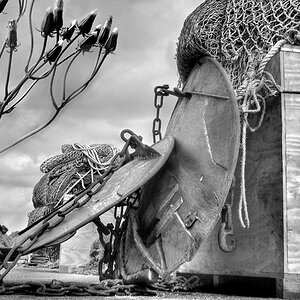
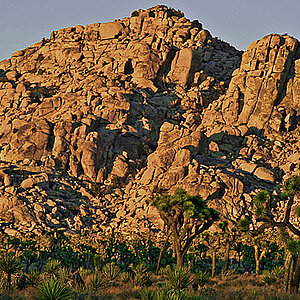

![[No title]](/data/xfmg/thumbnail/32/32926-ec27ecead8c80d803404500d8f888dbf.jpg?1619735754)
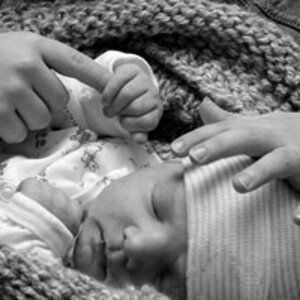

![[No title]](/data/xfmg/thumbnail/32/32981-27e3d29bfa5b1638f18299ec111c7b87.jpg?1619735812)
